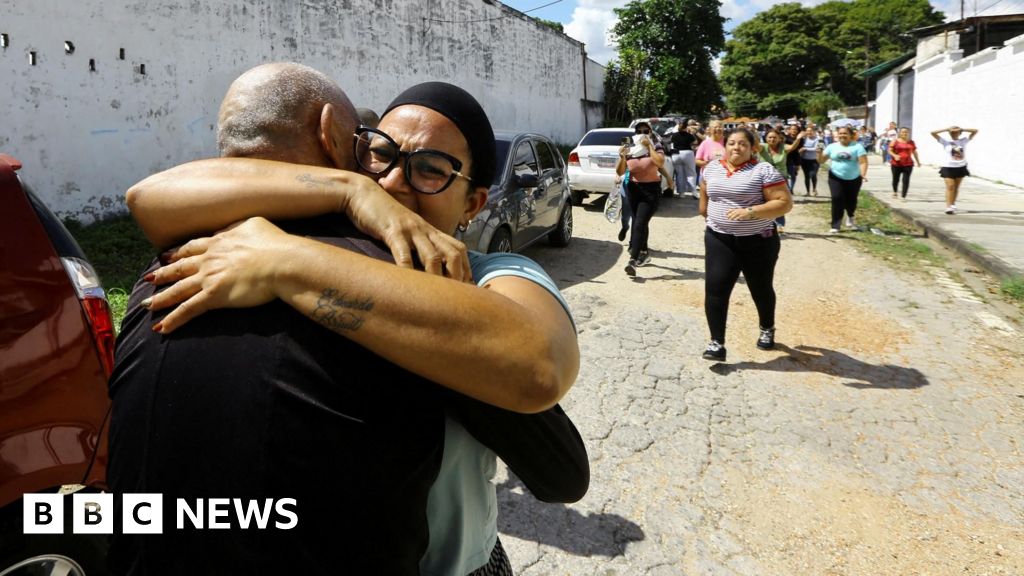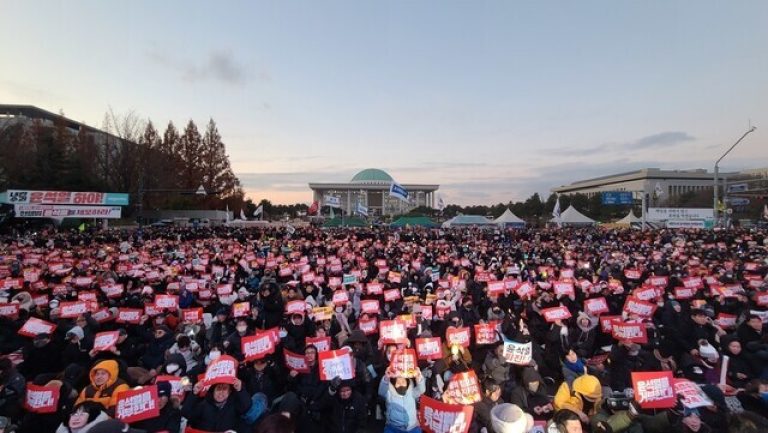Venezuela, a nation steeped in crises, has taken an unexpected turn. Venezuelan authorities have released over a hundred political prisoners who were reported to have been arrested in the tumult that followed July’s fiercely contested presidential election. This assertion was confirmed by Foro Penal, a local human rights group, which has been monitoring the situation closely.
In recent times, the Venezuelan political landscape has been incredibly tense, with widespread allegations of corruption, economic mismanagement, and an electoral system skewed in favor of those in power. The July election was no exception, sparking a flurry of mass protests that led to over 1,800 arrests. The release of these detainees signifies a remarkable move on the part of the government, possibly indicating a shift in the political climate.
The announcement of the release was followed by mixed reactions. For the families of those arrested, it was a moment of relief and joy. They had previously voiced worries about the condition of the detainees, many of whom were reportedly tortured and kept in abhorrent conditions. An overall sense of unease, however, still lingers. This is to be expected considering the high number of persons who were detained following the protests. While the release of over 100 prisoners is a step in the right direction, more than 1,700 people are presumably still under arrest, sparking international concerns about their treatment, health, and wellbeing.
Foro Penal, the local rights group that originally relayed this information, has been a constant advocate for the rights of the detainees. The organization has tirelessly campaigned for transparency and justice in a country where, they argue, these principles have been eroded by a long-standing political crisis. They insist that while the release of the detainees is indeed commendable, it is crucial to keep pressing for the release of the remaining prisoners.
This development marks a turning point coming off the back of an election marred by controversy and unrest. The July polls left the nation divided and provoked mass protests, with critics alleging fraudulent practices and a lack of incisiveness. By releasing these prisoners, the authorities appear to be acknowledging, albeit indirectly, the legitimacy of the citizen’s grievances. Furthermore, this could be in response to mounting international pressure and the need to salvage Venezuela’s image on the international stage.
Nevertheless, significant questions remain. Why now, months after the election? Is this a genuine move towards greater transparency and fairness, or is it merely a cosmetic change designed to quell international pressure and criticism? Only time will tell if this development brings about a positive shift in the political narrative of Venezuela or if it is simply a temporary band-aid solution.
In conclusion, while the release of over 100 detainees brings a ray of hope to a nation strained by economic hardship and political unrest, much work remains to be done on the ground. It is imperative that international bodies and rights groups continue to monitor the situation and press for further releases. Meanwhile, the Venezuelan authorities have an opportunity to demonstrate a sustained commitment to human rights and democracy, not just through the release of political prisoners, but also by addressing the root causes of the unrest.



